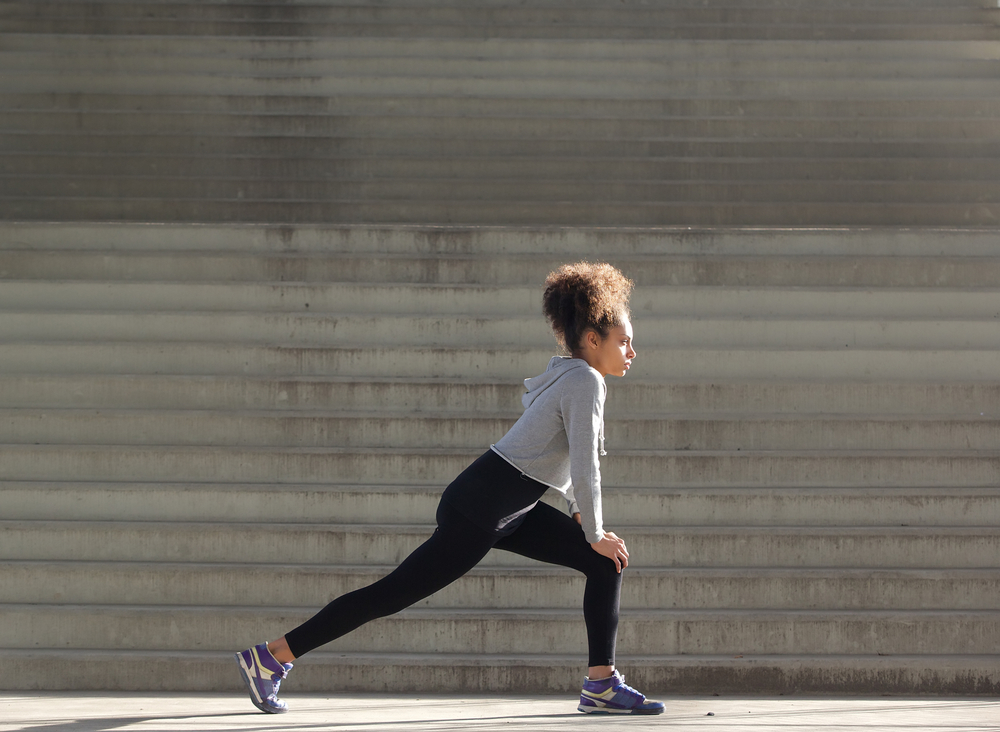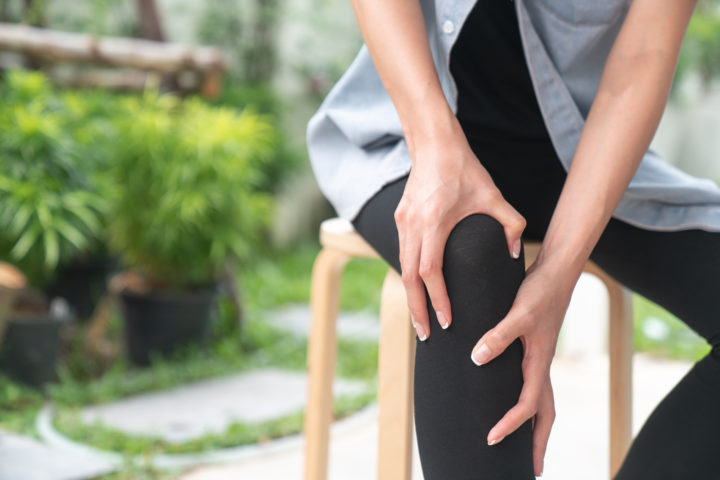After runner Kiran Gandhi ran the London marathon last month without any sanitary products to fight the stigma around periods and to raise awareness for women who have no access to sanitary products, I began to think more about female athletes who train, practice, and compete with their periods and how that affects them. In Gandhi’s statement addressing the marathon she also said that she didn’t run with a tampon because she knew “it would be uncomfortable.” While Gandhi’s experience is one of the first to make mainstream news, most female athletes struggle with the issue of performing while on their periods for both physical and social reasons.
While I myself have zero knowledge of anything that involves running or physical contact, I have many friends who have been playing sports all their lives, so I went to them with my questions on what it’s like to be a female on her period in the athletic world. The responses I got were mainly, “It’s awkward.” While the physicality of pushing your body to it’s limits while also experiencing cramps and tampons that never quite flex the way you need them to is not an easy hurdle to overcome, the biggest challenge identified by the girls I spoke with was having a male coach who had no interest in helping them through it.
The low number of female-identifying coaches in all levels of athletics (and in all different fields) is more than just an issue of a gendered job field. The abundance of men coaching female teams leads to silence on the field about menstruation and the best way to properly handle it so that talented female athletes don’t have to ignore or hide their symptoms just to be able to play.
I spoke with one of my friends who plays soccer on a university team who told me that she and her teammates have to trade tampons in secret as to not make their male coach uncomfortable. As bizarre as this underground sanitary product exchange may sound, it’s not uncommon for most of the girls on the team.
“Coaches don’t want to know about it,” said another athlete I interviewed. She has played three different sports since she was seven and said that since she got her period at age 13, her male coaches have always ignored it’s existence. “It seems bizarre to me,” she continued. “They sign up to coach a bunch of young adult women, yet do everything but put their hands over their ears and hum over us when we try to talk about how our periods are affecting us that day. I would never let my period stop me from doing my best out there (on the field), but it would be easier to do my best if I didn’t have to be ashamed of something I can’t control, especially with someone I’m supposed to put my trust in.”
As Gandhi reminded us in London, female athletes are a force to be reckoned with and cannot be held down by the presence of their period. However the shaming and blatant ignoring of the female menstrual cycle in the sports world is one that only adds to the stigma that athletes can’t be feminine and successful at the same time. These women are dedicated and talented, and a lot of them have menstrual cycles in addition to their success, not despite of it. It’s the job of athletic coaches to remind these women that nothing can hold them back; that doesn’t mean not acknowledging the pieces of them that they don’t deem as suitable for the cover of an issue of ESPN.
Cover image courtesy of Shutterstock.




comments